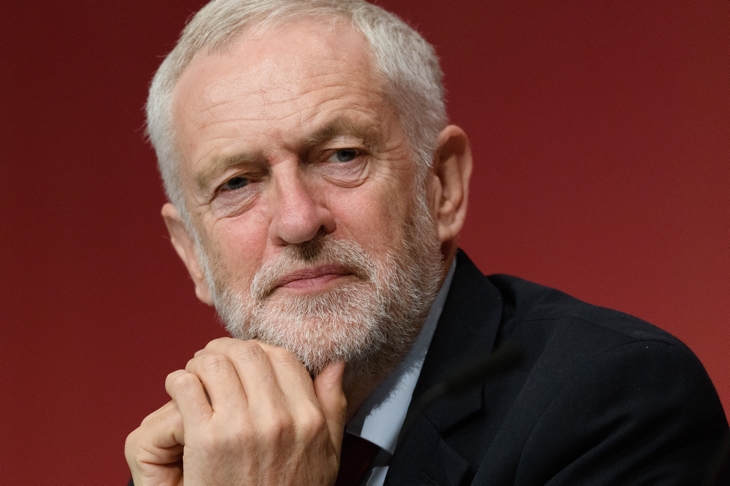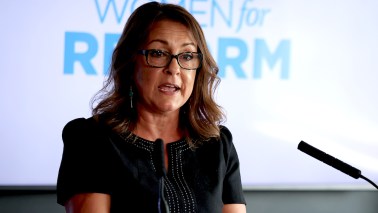Jeremy Corbyn’s spokesman this afternoon caused something of a stir when he insisted to journalists that the Labour leader had always said that the evidence from the Salisbury attack pointed to direct or indirect Russian involvement. This didn’t seem quite right: Corbyn attracted a great deal of opprobrium for failing to blame Russia for the attack at the time.
It’s worth going back over what precisely the Labour leader did say after the attack – and what he didn’t. On 12 March, when Theresa May made her first statement to the Commons about the matter, she told MPs that ‘the government have concluded that it is highly likely that Russia was responsible for the act against Sergei and Yulia Skripal’. She added that ‘either this was a direct act by the Russian state against our country; or the Russian government lost control of their potentially catastrophically damaging nerve agent and allowed it to get into the hands of others’. Corbyn called for ‘evidence and a full account from the Russian authorities in the light of the emerging evidence to which the Prime Minister referred’, before quoting Conservative chair of the Foreign Affairs Select Committee Tom Tugendhat, who had predicted that May would most likely ‘point the finger at the Kremlin’. At no point in his speech did Corbyn himself say he believed that there was Russian involvement.
Two days later, May returned to the House with an update after Russia failed to meet the deadline for explaining how Novichok came to be used on British soil. She announced that ‘there is no alternative conclusion other than that the Russian state was culpable for the attempted murder of Mr Skripal and his daughter, and for threatening the lives of other British citizens in Salisbury’.
Corbyn did not offer any form of agreement with this statement in his response, merely quoting the Prime Minister’s line about the two possibilities for how Novichok came to be used on British soil.
However, in comments after this session, Corbyn’s spokesman said that ‘the overwhelming evidence points to the two alternatives the government has set out and, in the meantime, its essential that we follow the evidence and what the evidence produces’. Corbyn himself then repeated this in a broadcast interview the following day, saying ‘the evidence points towards Russia on this, therefore the responsibility must be borne by those that made the weapon, those that brought the weapon into the country and those that used the weapon’. He didn’t go as far as his own Shadow Defence Secretary Nia Griffith, who had said earlier in the day that ‘Russia was responsible’.
It’s worth noting that by the time Corbyn was saying that either Russia was responsible or had lost control of the nerve agent, Theresa May had already announced that the government now squarely blamed the Russian state. The outrage at the time was more that Corbyn had refused to condemn the Russian government and was continuing to demand further evidence.
Corbyn’s statement today in the Commons was much more conciliatory, with the Labour leader telling Theresa May that Labour would support any ‘proportionate’ action, and asking the Prime Minister ‘what contacts, if any, she has had with the Russian Government more recently to hold them to account’. He condemned the attack and called for further action against Russia for its failure to co-operate with this investigation’. You might say he hadn’t directly condemned the Russian government, but it is clear that Corbyn was trying not to be the story today. The problem is that his previous utterances – and those of his spokesman – have already given the impression that Prime Minister Jeremy Corbyn would respond to a similar attack on British soil in a very different manner to the one Theresa May adopted.







Comments